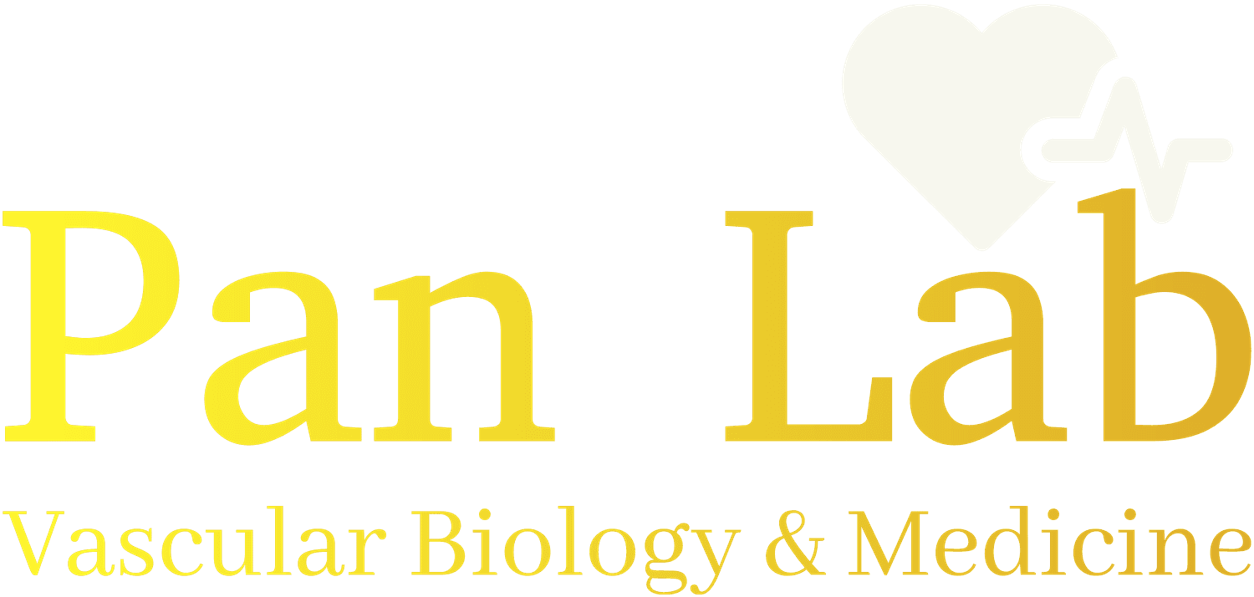
Welcome to the Pan Lab!
The Huize Pan Lab at Vanderbilt University Medical Center focuses on mechanistic and translational research on vascular disease, especially the atherosclerotic cardiovascular disease.
Our goals are to decipher how atherosclerosis progresses and to develop powerful tools and strategies to prevent and treat the disease.
Cardiovascular disease is the top killer worldwide, claiming approximately 18 million lives every year. Atherosclerosis, a vascular disease resulting in hardening and thickening of the artery wall, is the major cause for cardiovascular disease, including coronary artery disease, heart attack and stroke.
Atherosclerosis
Atherosclerosis, depicted in the diagram below, results in thickening and hardening of artery wall. Atherosclerotic plaques cause arteries to narrow, reducing or blocking blood flow and leading to cardiovascular disease.
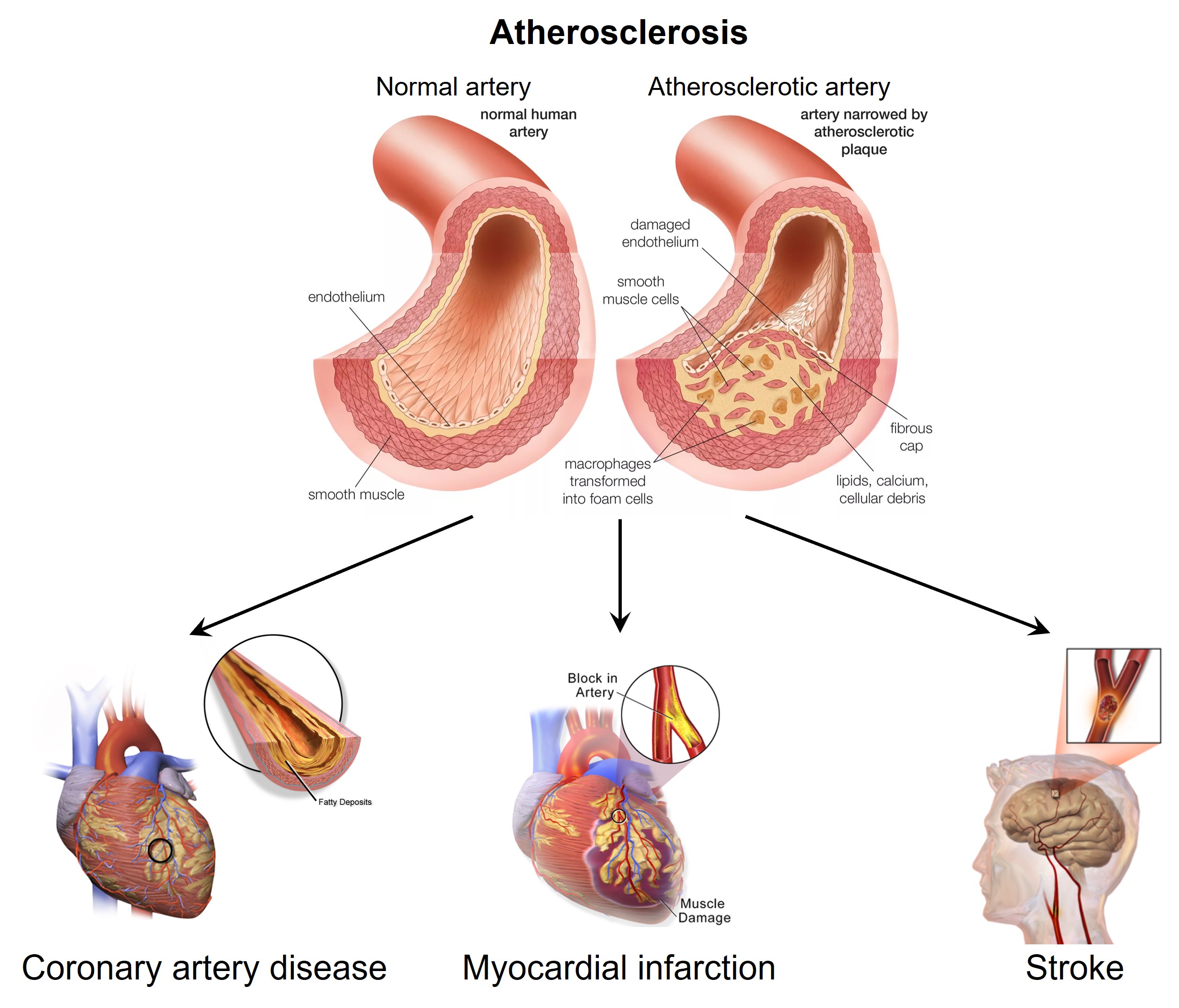
scRNA-seq analysis of human and mouse atherosclerotic cells
Computational analysis of master regulators of smooth muscle cell transition in atherosclerosis.
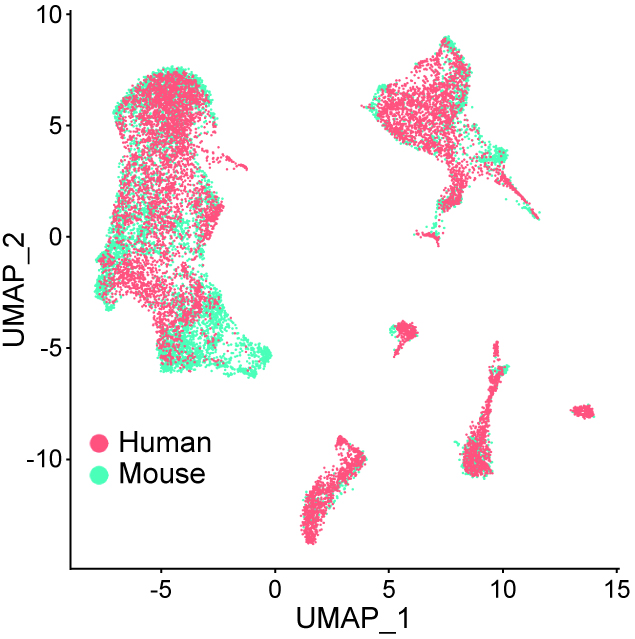
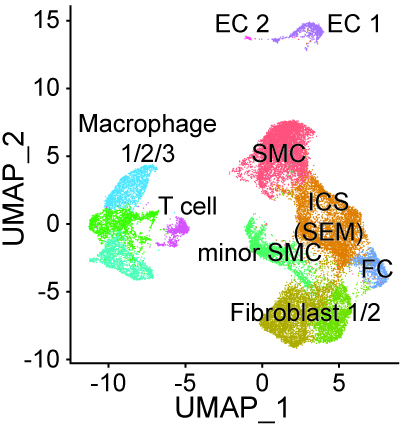
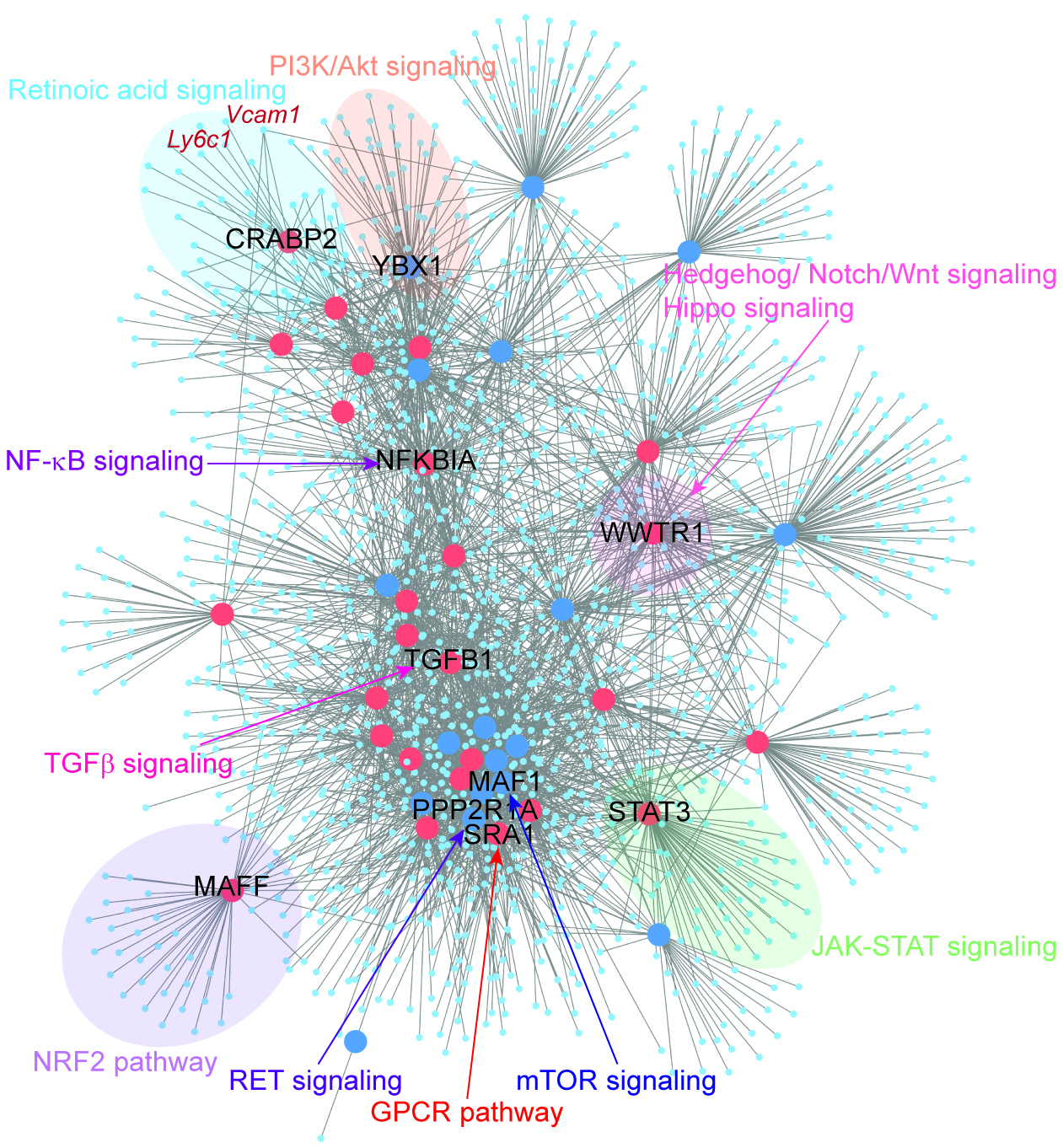
Atherosclerosis progression
Artery sections with smooth muscle cell tracer (green) from mice during development of atherosclerosis (various weeks of high-fat Western diet feeding). The blue and red fluorescence marks nuclei and oxidative DNA damage, respectively.
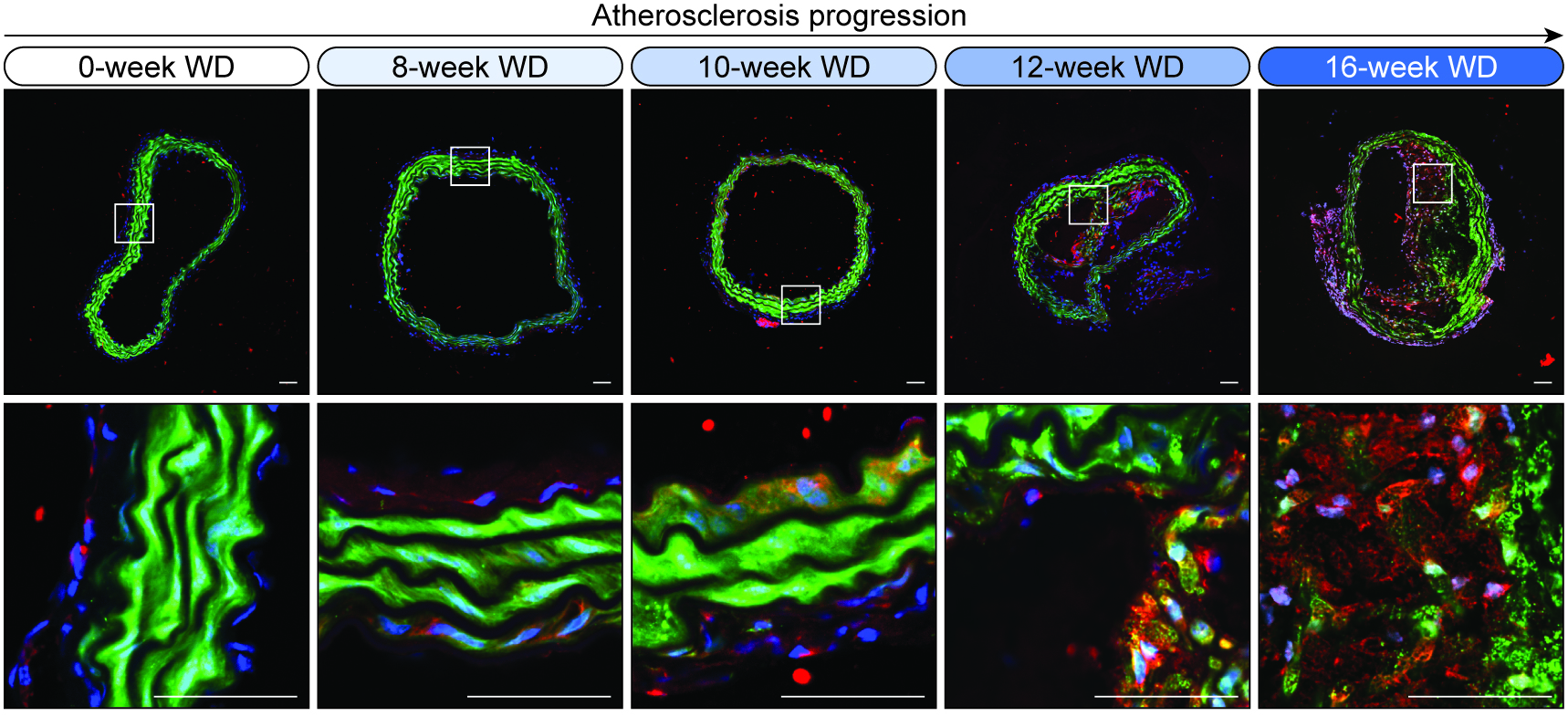
Gene regulatory networks
Comprehensive cancer-associated gene regulatory networks, depicted below, are activated during smooth muscle cell phenotypic change in atherosclerosis.
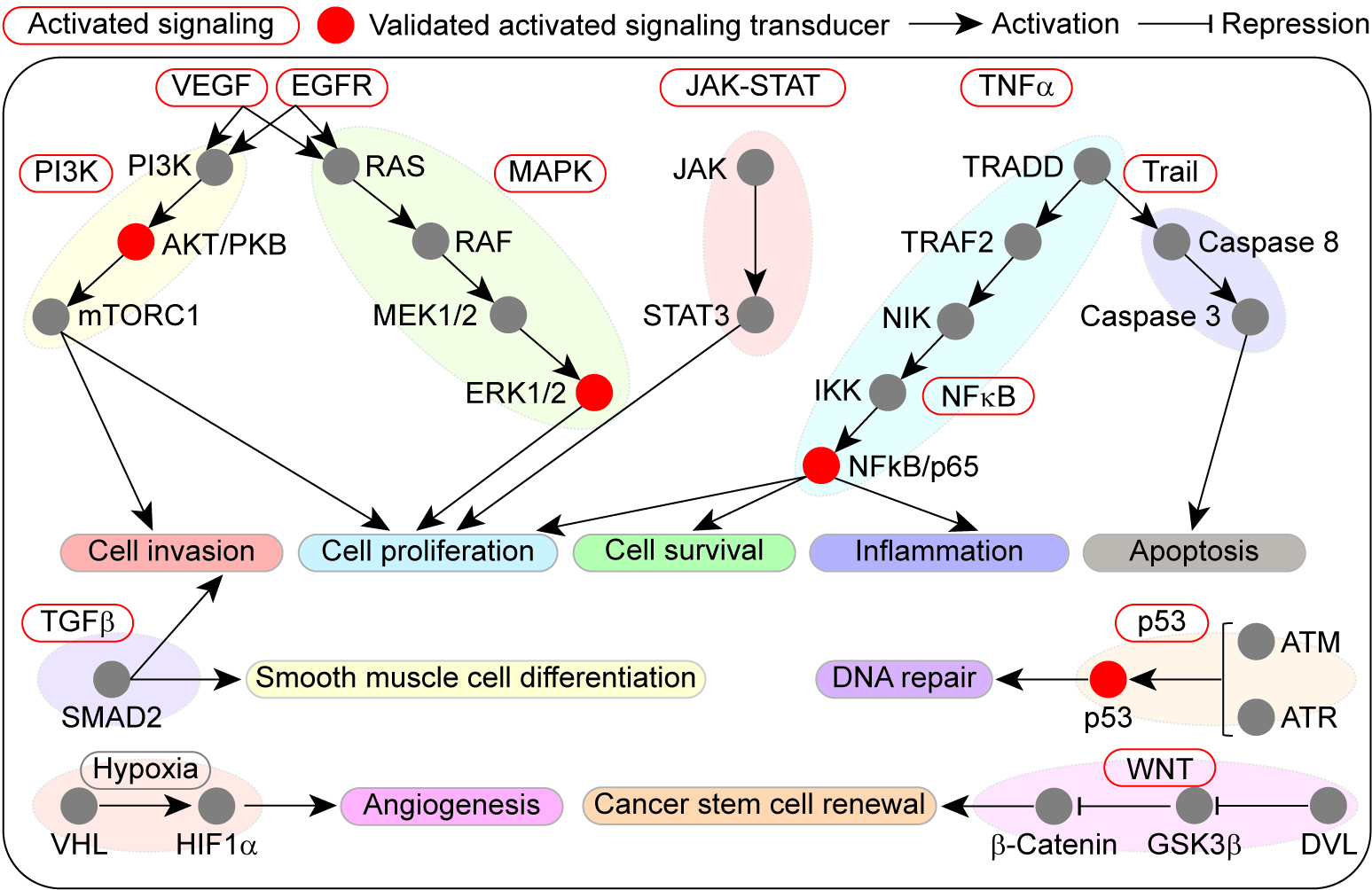
Our Team
Dr. Huize Pan, at left, and his lab members in the Preston Research Building at Vanderbilt University Medical Center.
Back row: Vanderbilt students Skyler Tunc and Daniel Li
Front row: Huize Pan, PhD, and postdoctoral fellows Ke (Lydia) Ning, PhD and Zhipeng Huang, PhD
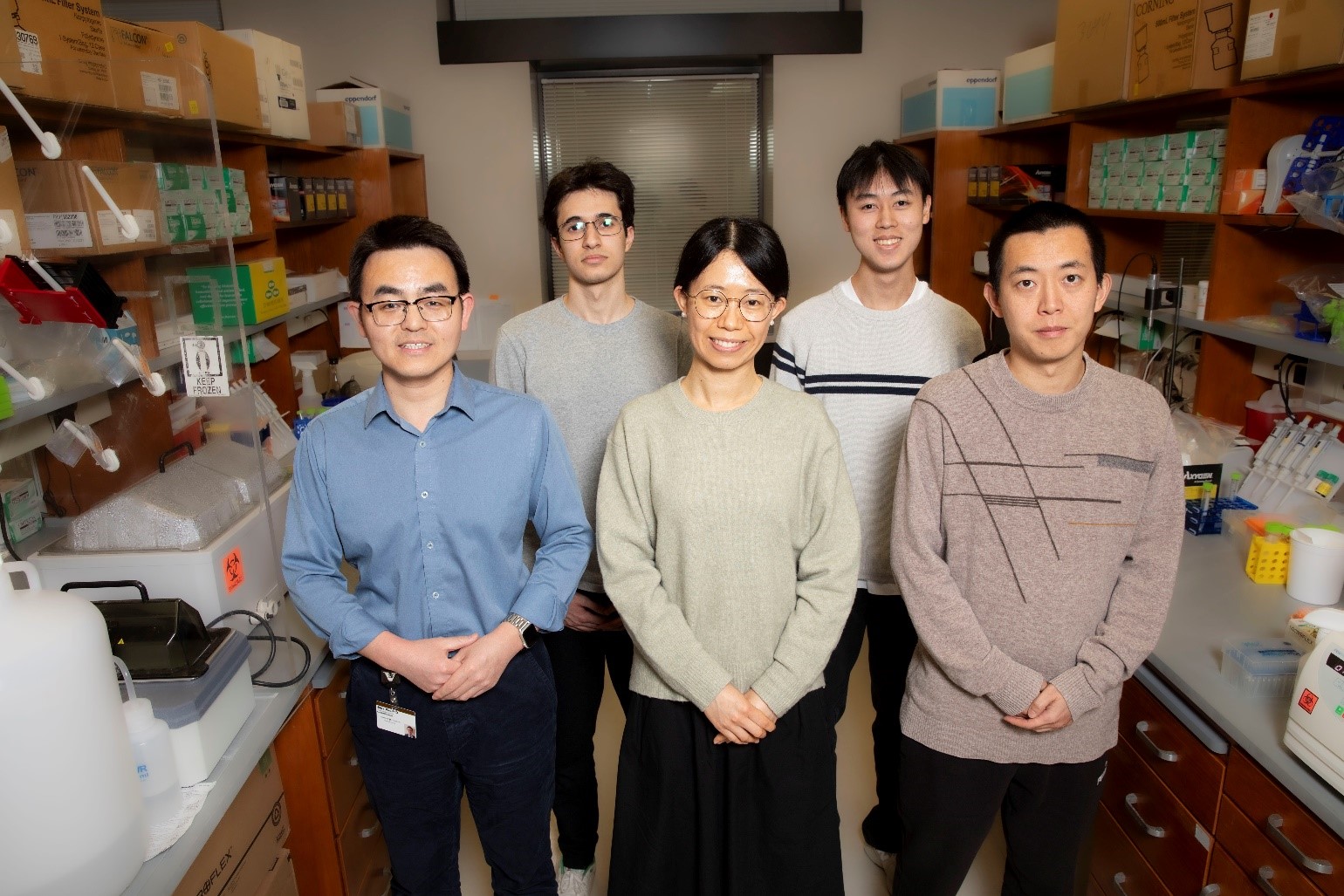
News
01.01.2025
Zhipeng Huang, PhD, joins the lab as a postdoc
11.01.2024
Daniel Li, a freshman at Vanderbilt University, joins the lab
10.07.2024
Skyler Tunc, a sophomore at Vanderbilt University, joins the lab
09.01.2024
Ke (Lydia) Ning, PhD, joins the lab as a postdoc
06.03.2024
Ethan Y. Xie, a sophomore at UC Berkeley, joins Pan Lab as a summer student
01.01.2024
Pan Lab officially opens at Vanderbilt University Medical Center